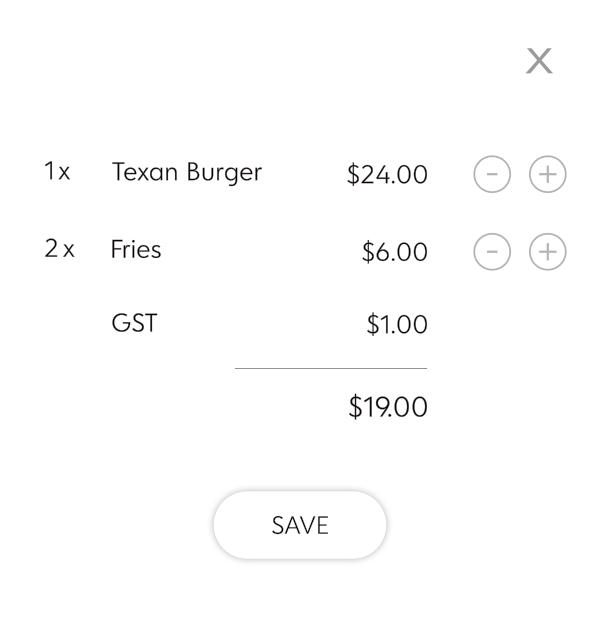Technology was supposed to make business better. Electronic payments made dealing with cash a thing of the past. Digital advertising allowed anyone with a computer to reach an audience miles away. And selling directly online took away the cost of renting expensive office space.
But something odd is happening now, and it all boils down to who is collecting and using data.
If you’re a big firm with plenty of money and resources to spare, then you’re no stranger to the concept that data is the new battlefield. While yes, it might now be easier for small business owners to reach customers through Google, YouTube and Facebook, but it’s only big companies with reams of customer data that are able to specifically target the most lucrative audiences. Everyone else is left to just “splatter” their ads all over the internet in the hope that a digital advertising budget will keep their business relevant.
Are you a Member?
If you go to a national or regional chain, one of the first things the person at the checkout counter will ask is “Are You A Member?”. Member of what? Of their customer loyalty program of course. So, you dutifully type in your name, email address and mailing address and voila, you’ll earn some points to recoup on your 5th or 6th visit.
However, what you didn’t notice is that your YouTube and Instagram feeds are suddenly filled with products that you’ve recently bought or which you’ve recently browsed. How did they do this?
With data of course. Big businesses know that with a small number of pieces of information like your email address and first and last name, they can find you on all the major digital platforms that customers typically use. And it’s just a matter of uploading this data to a “custom audience” list on Facebook and Google, and presto, they can target you specifically.
So how do small businesses compete in the face of such a sophisticated onslaught? The answer is simple. Small businesses need to start treating their customer data for the priceless competitive asset that it is – information. With customer emails and names, even small businesses can play the technology marketing game.
Here is some low-hanging fruit that I guarantee will make huge improvements to your business.
Collect Customer Details
One thing that small physical businesses have that big businesses do not, is regular foot-traffic. Use that 75 sqm space and turn it into a digital dragnet! Find a system to ensure that you can collect the customer contact details of everyone who walks in the door. There are many systems that can help you do this, from loyalty programs at your POS terminal, to QR systems like Flex Rewards. Either way, forget pen and paper, and use technology to expedite the customer registration process!
Build Direct Sales Channels
This should be obvious, but instead of spending your time and energy marketing on Google and Facebook, you should shift focus and concentrate all your energy on building your direct sales channels. This means whenever your customer thinks about ordering your product, they don’t go to Google or Amazon, but they go to some platform that you control 100%. This could be your website, your app, or even just your own telephone number. Whatever it is, you’ll want customer to come directly to you. The good news is that once you’ve established a direct sales channels, you can use customer data to encourage everyone on your customer list to buy directly from you.
Create Custom Audiences
What are custom audiences? These are audiences that you can upload to Facebook and Google with specific names and emails so every dollar of advertising reaches your specific audience. But, what you probably don’t yet know, is that by using custom audiences, you can also target “lookalike” audiences i.e. people who share similar interests, habits and demographics as your current audience. This way, not only can you target your existing customer base, but you can also start expanding your customer base to an audience that stands a much higher prospect of visiting your business.
Conclusion
Small businesses are by no means out of the Big Data Race. They can get in anytime. They just haven’t realized the importance of playing the game. What small business owners have to do right now is WAKE UP before it’s too late, and start looking for the right tools that can make significant improvements to the way business is done.









